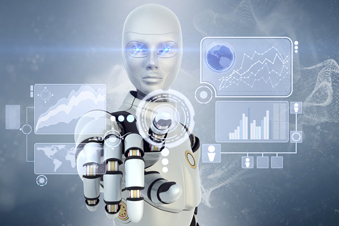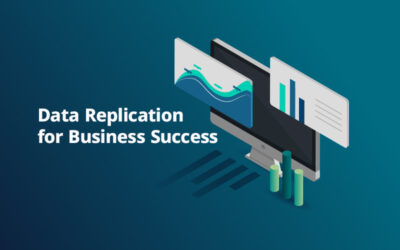
Here’s how AI can assist your HR team –
Finding the right talent
Choosing promising candidates from a large number of applicants is a challenging task. During the recruitment process, the HR team may have to deal with a lot of applications from eligible as well as ineligible candidates. Checking each resume for the right candidate would be time consuming. Several AI tools are now available to deal with such “resume overload” and these tools can also effectively identify needed skill sets.
For instance, talent acquisition software can scan, read, and evaluate applicants and quickly eliminate 75% of them from the recruiting process. With this software, the recruiter need analyze and evaluate only a smaller group of eligible candidates. In such circumstances, HR units are drastically increasing the quality of hiring decisions. Additionally, companies save a lot of money this way because they don’t have to pay the cost of poor hiring decisions.
Other tools are also available that will engage the candidate before and after they apply for a position in an organization, by asking them common relevant questions about their role. This feedback helps HRs to assess the candidate easily and more efficiently.
Follow-ups
Though the offer letter is provided for the right candidate after the recruitment process, it may take a few weeks or months for them to join your firm, depending upon their notice period. In such cases some candidates turn up, while others don’t. AI tools can be helpful in engaging and following up these candidates, which increases the chances of their joining.
On-boarding programs
When the candidate joins, it is the HR’s responsibility to introduce them to the company, the company’s culture, policies, and processes. AI could assist with this, providing new candidates with information and resources. Lack of on-boarding procedures can make it difficult for the new prospect to be familiar with the new environment. AI tools can determine customized on-boarding procedures for every single position. AI can also be used to offer time-to-time customized training and learning to employees.
For example, Hirevue, a provider of video interviewing software, assessments, and coaching is currently using AI to automate the process of employee coaching. This can improve the quality of coaching, while simultaneously reducing the amount of work for HR teams. Butterfly.ai that offers first-rate leadership coaching is also providing a mobile leadership coaching app that uses AI to coach managers.
Performance Monitoring
Most companies are struggling to find individuals with essential qualities such as engagement and productivity. Real-time monitoring of performance and key performance indicator analysis helps HR managers to evaluate each employee. AI tools can be used to set concrete objectives and let all units work in smaller increments. This method would improve productivity and help to detect team members who show lack of engagement continuously. AI could also generate a performance review of employee groups on a monthly basis and generate rewards for the delivery for the corresponding period.
Better Employee Relationship Management

Surveys can also help to maintain better relationship with staff. Glint is such a platform that allows companies to conduct internal employee surveys on demand. This tool uses AI to draw conclusions and get them to leadership so they can take action quickly. It constantly scans all populations in a company and identifies teams that are less engaged or unhappy, and focus their efforts on those areas. An AI company x.ai has launched “Amy”, a virtual personal assistant that automates the process of scheduling meetings.
However, the rise of AI in human resources management does not mean that humans will be replaced by machines; instead AI can be of great assistance. In fact, AI tools alongside humans could provide more intelligent and powerful HR solutions in future. Several companies are also providing back office support such as virtual assistant services, where clients can benefit from the services of highly trained virtual assistants with the skill sets they need.



